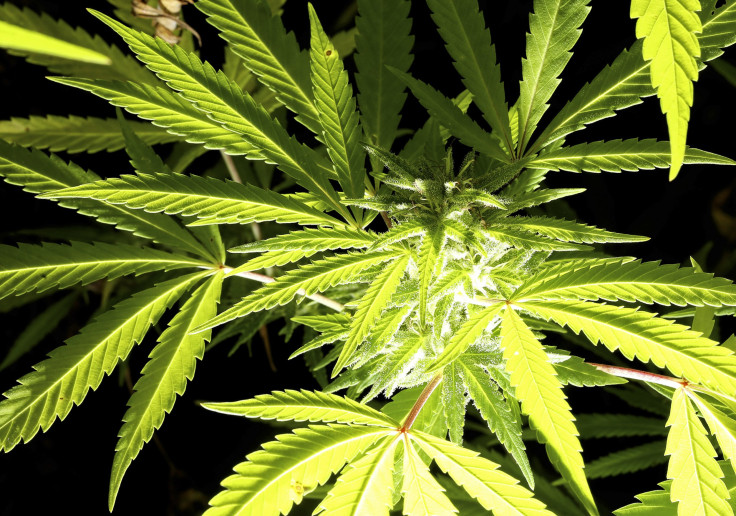Marijuana Laws Are 'Bizarre,' Says Cato Institute In Call For Feds To Reschedule Cannabis

U.S. marijuana policy is “contradictory and confusing,” according to a recent report on proposed policy changes from the Cato Institute. The libertarian think tank is calling on lawmakers to change the federal rules on marijuana, declaring current policies “bizarre.” Cato is the most recent voice to join a chorus of organizations and other groups seeking to change marijuana’s legal status to promote business and support medical research.
Marijuana use is legal in 23 states, but the drug is still banned at a federal level. The Drug Enforcement Administration has classified cannabis as a Schedule I substance, or “the most dangerous drugs of all drug schedules with severe psychological or physical dependence.”
The classification is a problem for people working in the industry in states where the drug is legal. Banks, for example, do not work with marijuana business owners for fear of repercussions at the federal level, leaving the entire industry dependent on cash transactions.
Cato researchers note that the ban’s complete removal “is appealing to libertarians and is the only approach that would eliminate the conflicts and contradictions in existing law.” But they also acknowledge the change would be unachievable given the current political climate.
Instead, the report proposes a compromise, asking that lawmakers remove marijuana from the list of Schedule I substances down to Schedule II, a category that includes drugs such as cocaine, oxycodone, Adderall and Ritalin, some of which are allowed to be used for medicinal purposes.
The adjustment, Cato argues, would be a “substantial improvement over current policy: It reduces the black market for marijuana, scales back enforcement expenditure and rationalizes current law, all while freeing many marijuana users from ill-advised legal threats and penalties.”
But libertarians aren’t the only ones interested. Some members of the medical community, including the American Academy of Pediatrics, have been lobbying for rescheduling cannabis.
“The AAP strongly supports research and development of pharmaceutical cannabinoids and supports a review of policies promoting research on the medical use of these compounds,” the organization wrote in a Jan. 26 statement, in which it recommended that federal authorities change marijuana to a Schedule II drug to allow for research.
© Copyright IBTimes 2024. All rights reserved.






















